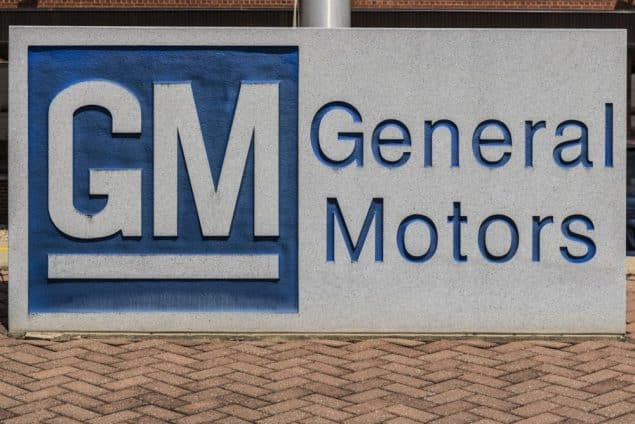Home » Business News • Employment News • US business news • US Employment News » Several General Motors factories reject UAW pact
Several General Motors factories reject UAW pact
https://www.whatjobs.com/news/usa/us-employment-news/several-general-motors-factories-reject-uaw-pact

By Nithya Bose in Business News, posted November 15, 2023

Most United Auto Workers members at multiple General Motors factories have voted against the proposed contract agreement.
The decision raises concerns about the tentative deal, which had been deemed “historic.”
The union's website revealed approximately 68 percent of workers at GM's Spring Hill, Tennessee, facility opposed the tentative deal.
Read More: Honda Offers 11 Percent Pay Raise For US Workers
Similar results are reported at a GM plant in Flint, Michigan, and an engine plant in suburban Detroit.
These results have left the overall ratification vote in a precarious balance.
It encompasses about one-third of General Motors' 46,000 union workers participating in the ongoing voting process this month.
The voting at local chapters with overlapping schedules would yield final results within the next week or two.
A proposed contract requires a majority vote from workers for ratification.
Read More: GM And UAW Reach Tentative Deal To End Detroit Strikes
Contrastingly, at Ford Motor, nearly half of the votes have been counted, and around 66 percent have expressed support for the tentative deal.
Meanwhile, Stellantis has seen approval from 81 percent of its unionized workers in the US based on one-fifth of the tallied votes.
The UAW and GM, along with Ford and Stellantis, had reached labor agreements last month after a six-week strike involving over 45,000 workers.
25 percent wage increase
The proposed terms, consistent across the three automakers, include a 25 percent wage increase, the reinstatement of cost-of-living adjustments, and improved benefits for retirees.
Read More: UAW Launches Union Drive At Honda And Subaru
These four-and-a-half-year contracts collectively cover approximately 146,000 employees.
In the event of a contract rejection, the union's course of action remains unclear.
The possibility of resuming strikes at some or all facilities is on the table, although the union had employed a targeted approach during the previous strike.
UAW President Shawn Fain said: “We legitimately believe that we squeezed every penny we could get out of these companies.”
Looking to boost your online brand? Create your FREE business profile at WhatBiz? here.
He has stressed for weeks that union members would make the ultimate decision.
However, industry observers caution the high expectations of Fain's ambitious goals, shared publicly during the negotiation campaign, may contribute to worker dissatisfaction and potential rejections.
Dissatisfied workers, expressing concerns on social media, cite unmet demands as a reason for their negative votes.
Need Career Advice? Get employment skills advice at all levels of your career
Some UAW members traditionally vote against initial tentative agreements to secure more favorable terms during subsequent negotiations.
This round of talks between the UAW and the Detroit Three has deviated from past negotiations.
It’s marked by an assertive leadership approach, livestreams criticizing auto executives, and an acrimonious campaign.
Follow us on YouTube, X, LinkedIn, and Facebook.













